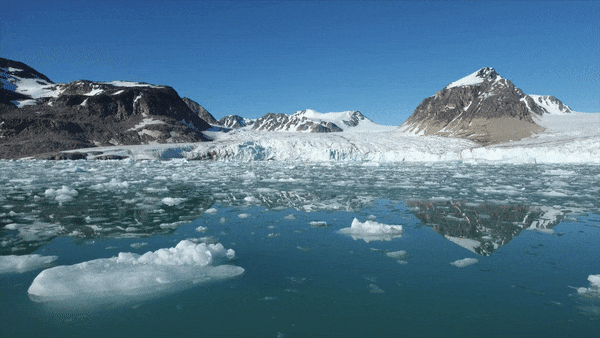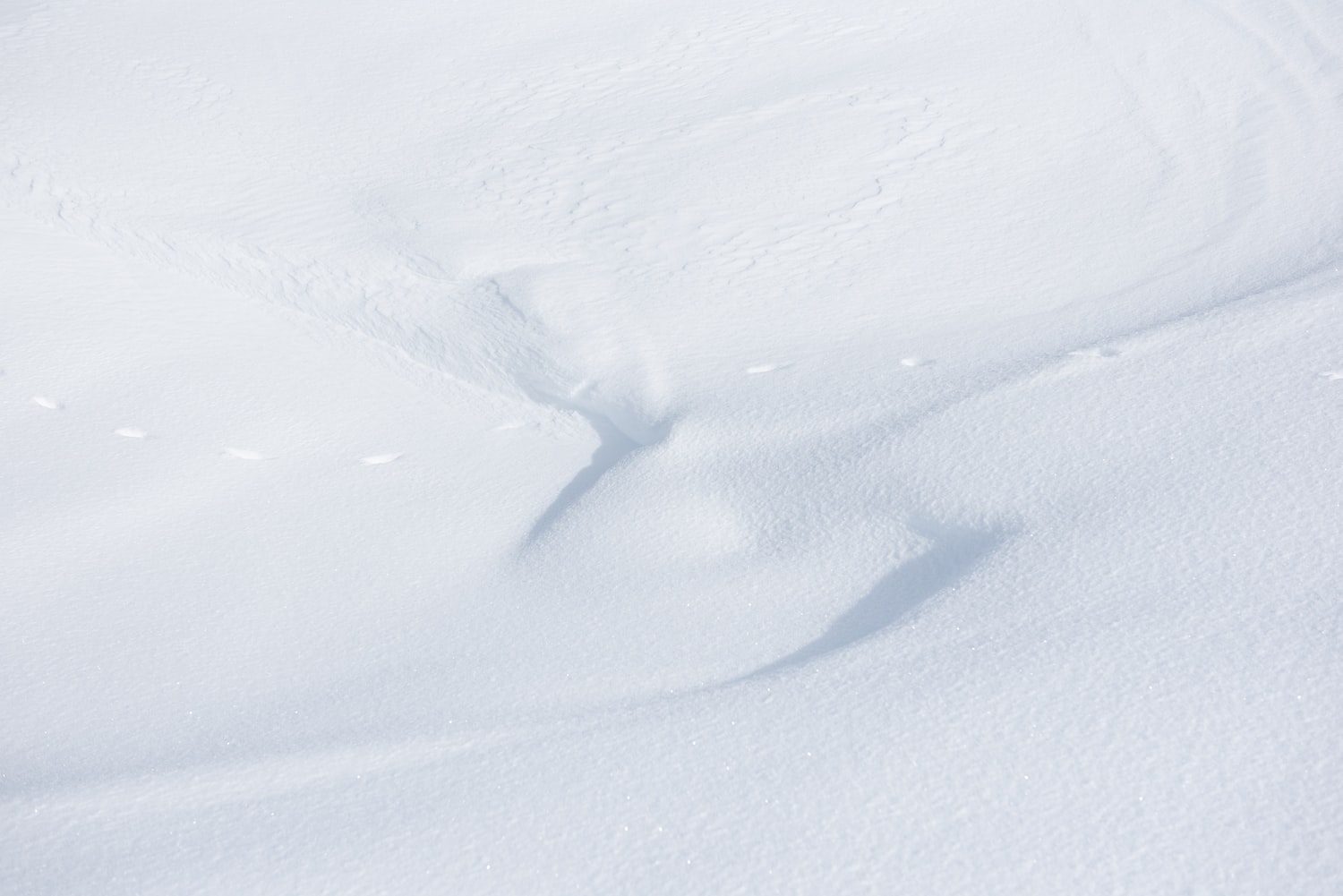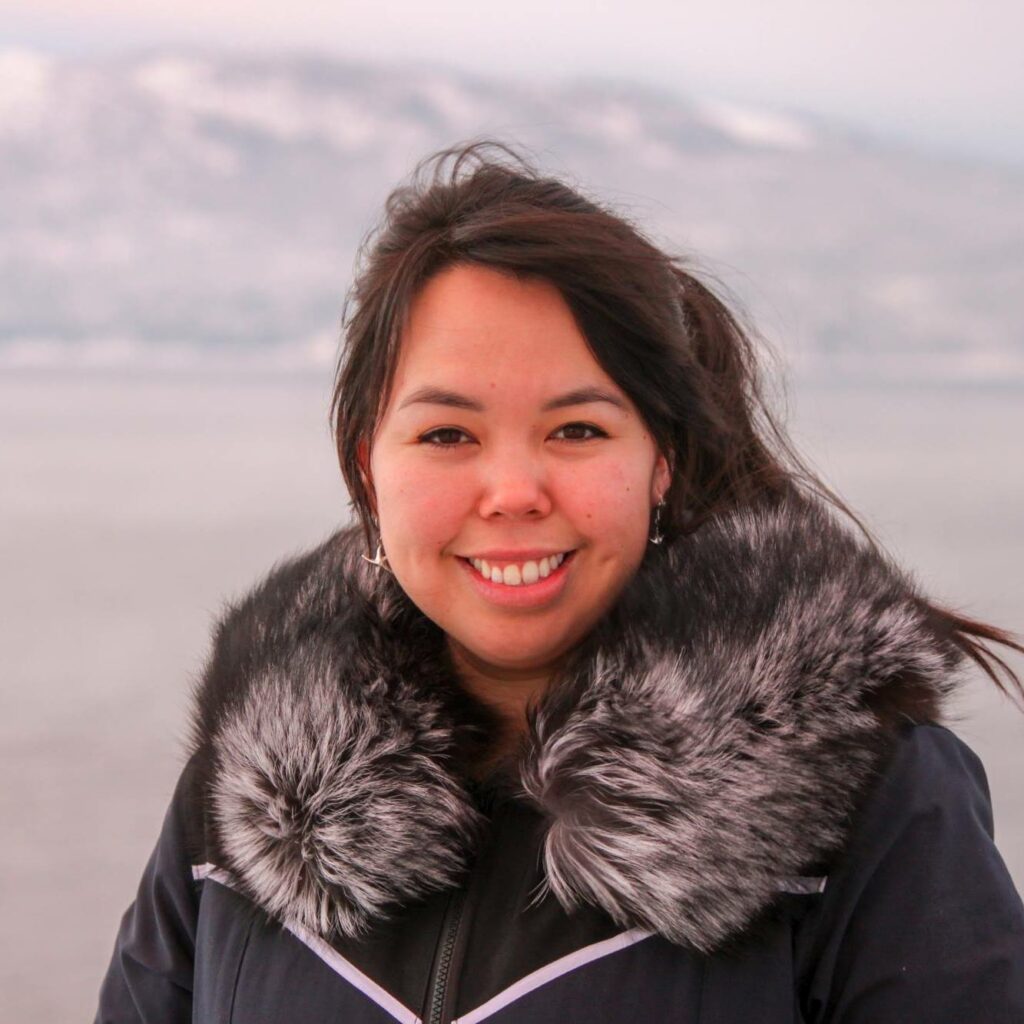Climate change is going to make British Columbia warmer which means we’re going to have hotter, dryer summers and wetter winters with more rain but less snow.
Total annual precipitation won’t change much but the seasonality of it will, says Sean Fleming, a professor with the Department of Earth, Ocean and Atmospheric Sciences at UBC.
Warm weather helps evaporate moisture from the planet’s surface and holds more moisture than cool air, meaning there’s more water in the clouds to eventually rain back to Earth. It also changes the global-scale weather patterns that impact BC.
The Pacific coast, stretching form Los Angeles to Alaska, may also get more atmospheric rivers in the winter as climate warms. These are extreme events that bring warm, moist air up from the subtropics, like the rainstorm that flooded the Sumas Prairie in 2021, Fleming says.
Plus, the warmth of atmospheric rivers melts snow in the mountains and the snowmelt can contribute even more to downstream flooding.
Snow and ice act as large water reservoirs in the mountains, collecting and freezing water in the winter and then slowly releasing water by melting in the spring and summer.
With warmer temperatures in the winter and spring, less snow will fall and, what does fall, will melt earlier. So, rivers may swell in winter and early spring, and run low during the summer when people, plants and animals need water.
SNOW SCIENCE

What's it like living near Canada's largest ice field?

How does snow and ice "remember" climate?
Learn more
Join Arctic scientist Enoo as she "looks under the ice."
Listen
This can happen at the same time that hot summer temperatures are evaporating more and more water from the landscape, meaning there’s less water in the watershed to trickle into streams and feed into rivers.
This can lead to drought, or an overall water shortage in a given environment.
The good news is local communities have a lot of power when it comes to managing water, Fleming says.
“Urbanization is one of the biggest threats to BC. Paving parking lots and putting up malls and houses prevents rainwater and snowmelt from trickling into natural storage reservoirs like soil and aquifers,” AquifierAn aquifer is a subsurface formation of permeable rock or sediment that holds water. Groundwater infiltrates the aquifer when rain or other forms of precipitation pass through the soil, and it can flow within the aquifer before emerging through natural springs or being accessed through wells. he says. “We’ve understood for decades these changes intensify floods and reduces water availability during droughts.”
People have also been building in historic floodplains, like along the edge of the Fraser River of the Sumas Prairie which makes their homes more vulnerable to floods.
The Sumas Prairie used to be a lake before settlers drained it to farm the area. Indigenous homes in the area were built on stilts to avoid floods and mosquitoes.
Indigenous communities have monitored changes in their environments and developed adaptive practices for thousands of years. This is part of why the United Nations says Indigenous land management can help communities adapt to climate change.
Indigenous land management works to have a minimal impact on the environment and “emphasizes balance, respect and harmony between human beings and the rest of the natural world, particularly regarding use of resources,” the UN says.
Lands and waters that are currently stewarded by Indigenous peoples around the world hold 80 per cent of the world’s biodiversity despite only making up six per cent of the global population. What kind of impact could Indigenous land management have on a global scale?
We need to think more about where we build and where we farm — maybe it isn’t a great idea to have millions of people living in the Lower Fraser floodplain, Fleming says.
We can also conserve water during the summer by only running the dishwasher or laundry when it’s full, by using water-wise gardening practices, and by using appliances that are designed to use less water, Fleming says.
It feels like a small change but has a huge impact when millions of people do it.
How are you feeling?
We get it. If you have three minutes, try this grounding exercise.
Your feelings are valid. Do you have 15 minutes to try expressive writing?
Want to learn more about climate science in BC?
Explore the science and solutions for regenerating our planet on Change Reaction.
